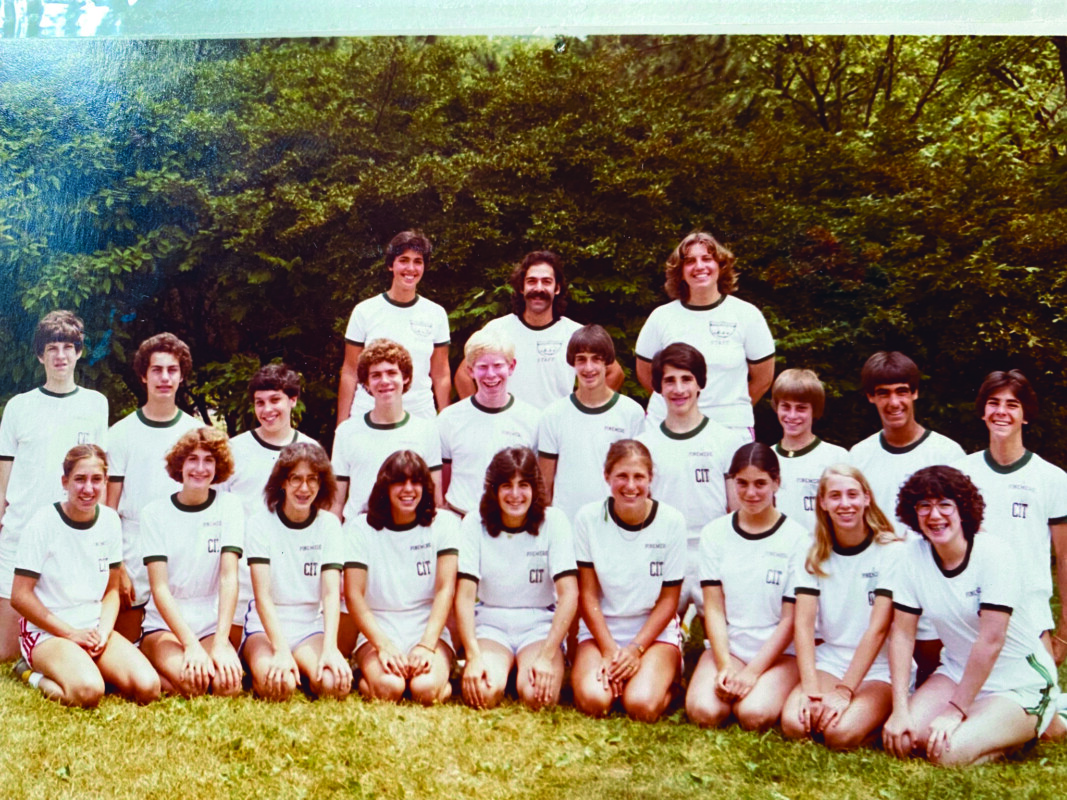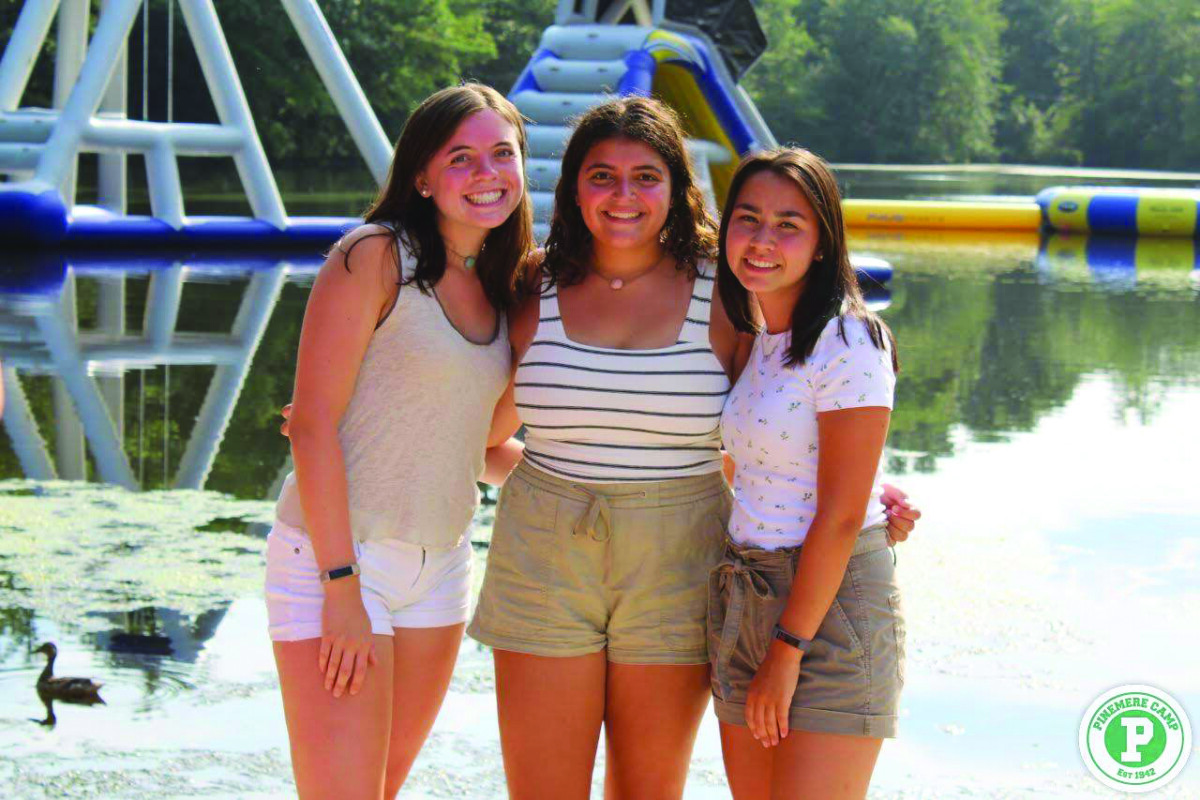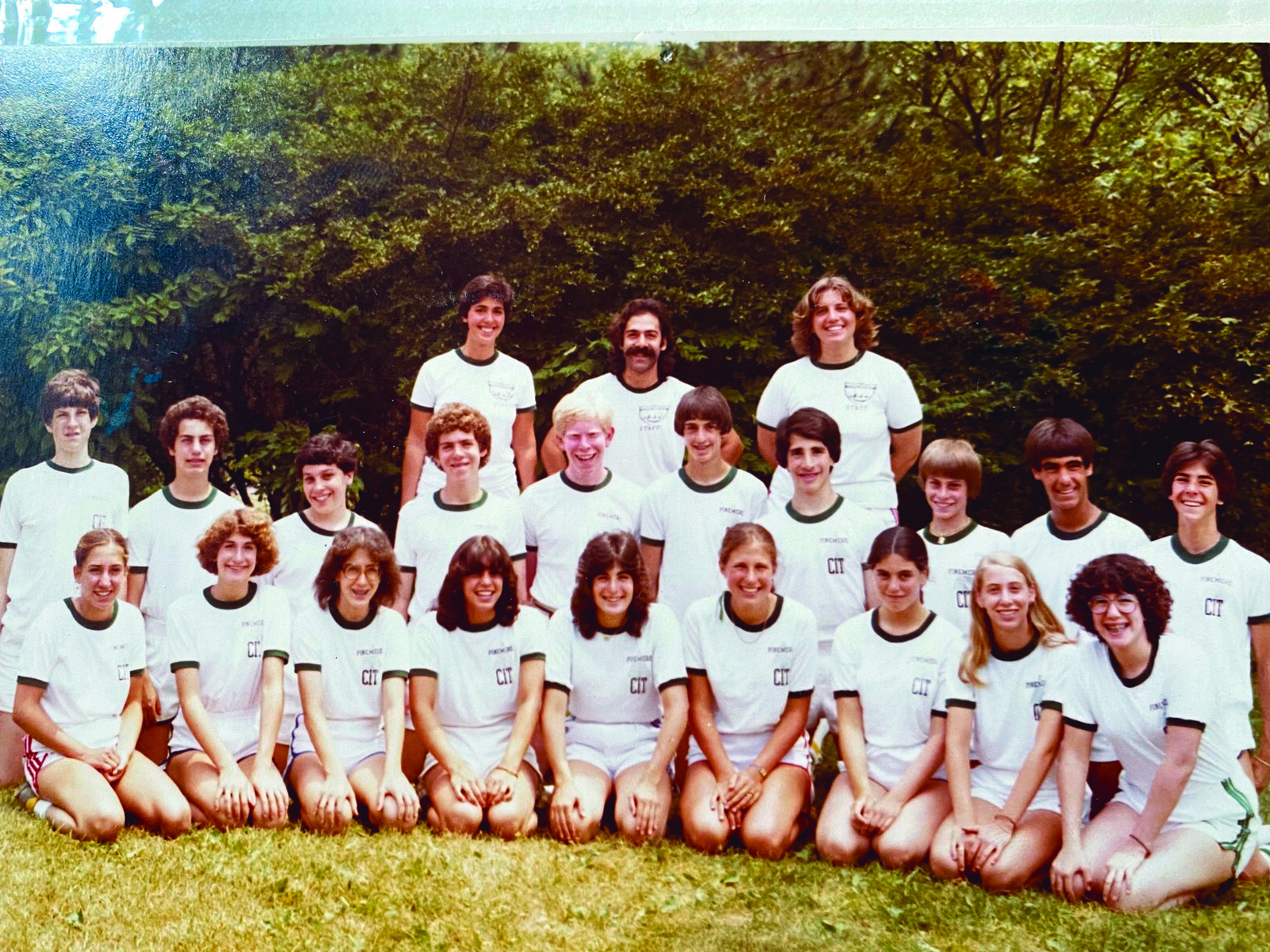On the third try, I landed at an overnight camp that was the right fit for me.
The first, an all-girls sleepaway camp, located in New England, required an eight-week commitment, where campers dressed in uniform bloomers and saddle shoes to have “fun.” I was nine years old and in the youngest bunk. Most memorable to me, from that summer of 1974, was when the entire female camp piled into the rec center to watch President Richard Nixon resign on a large screen. The resignation was a sideshow, but the delight brought by the rare Snickers bar I was given stays with me to this day.
My grandfather passed away that summer, and my parents decided to leave me at camp rather than disrupt the joyous time they thought I was having. When the car broke down on the way home from the airport, my mother shared this news as we waited at the gas station. I opted to stay home the following summer for fear of losing another grandparent.
At age 11, I ventured away again, this time to a rustic camp in Pennsylvania with a four-week option. After one dip in the murky lake, I decided that I would no longer swim that summer; luckily, I broke out in hives and the camp doctor agreed that it must be a lake allergy (at least that’s my recollection).
If three is a charm, then Pinemere Camp, a Jewish overnight camp in the Poconos, was destined to work. A four-week commitment led to eight weeks, at my choosing, and I returned each summer until I was too old to be a camper. Founded in 1942, the camp’s population consisted mostly of Jewish children and teens from Pennsylvania, notably Allentown and Philadelphia, though a few campers, like me, drove the distance from Washington D.C. and Baltimore for eight summer weeks in the mountains.
While my two sons followed in my husband’s footsteps and travelled to Maine for overnight camp, my young daughter, Audrey, was drawn to the energy at Pinemere when we visited one summer weekend. I marveled at how the camp and its property had not changed much in a generation. However, whereas I once swam in Pinemere’s less-murky lake, she would be lucky to frolic in a beautiful pool.
The Jewish culture of the camp also remained. Kosher meals were still served and Shabbat was celebrated in “whites and whites” (white top and white bottoms). Having grown-up in Baltimore, I lived among a Jewish community, so this camp experience was an extension of my winter life. In Tidewater, however, Audrey was in the religious minority among her peers and at Pinemere, she found a new sense of connection.
Even some of the spirit songs and cheer traditions hadn’t changed in those 30 plus years. Audrey would return home at the end of a summer whistling the same tunes that I remembered from my heyday. Jewish prayers and Hebrew songs populated our home, sung with the fervor of a happy camper.
I did not recognize the religious impact of Pinemere until I first visited Norfolk for Passover when dating my husband, Paul. At the very end of a large, long seder, a song was sung in Hebrew, and miraculously, I knew all the words. Perplexed, I turned to Paul and asked what we were singing and how might I have come to know it. I was able to recall its origin in my mind, dating back to my days at Pinemere Camp, and realized that I had sung the Birkat Hamazon, or prayer after the meal, for all of those eight summer weeks during six years of my life. Maybe I knew then what I was singing, but 20 years later, I was possessed with a knowledge that escaped me.
Jewish overnight camp served as a ‘home away from home’ for Audrey and me. We both left our camp days with enduring friendships thanks to the connectedness that the Jewish environment created – the daughters of two of my camp peers were even in Audrey’s bunk.
Overnight camp may not be a slam dunk for all kids (refer to my first two experiences), but the daily influence of Judaism on those breezy summer days and nights created a warm and special place for my daughter and me.



